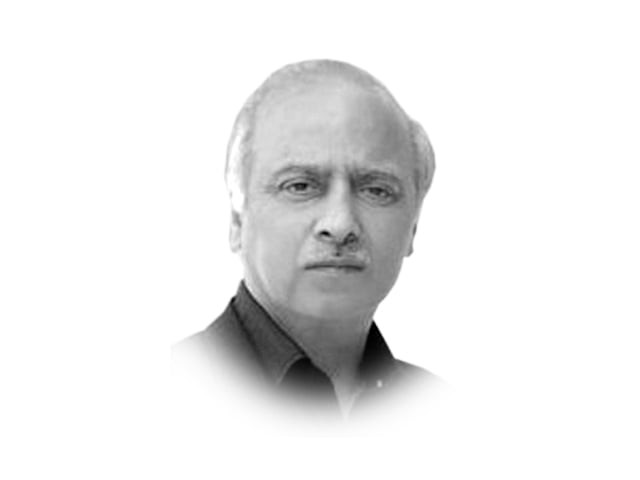Who is Pakistan’s enemy?
Will Pakistan change or will it enforce a change in how others view it?

Is Pakistan at fault, or are all the countries wrong in being averse to its policies? Will Pakistan change or will it enforce a change in how others view it? Will Pakistan’s ‘victimhood at the hands of terrorist forces’ make up for the consternation its ‘duplicity’ is causing across the globe. Will the tolerance and appeasement of these forces continue, which on the surface are perceived as strategic assets, but are actually agents of medieval obscurantism? Will these forces remain partners in the security business while they abhor and reject music and films as un-Islamic i.e., essentially despise and viciously propagate against a normal way of life? Can they really be partners, when apparently they can provide the first line of defence but in reality are proliferating the society with an extremely conservative narrative on life? Aren’t the beasts biting the hands that were feeding them?
These are some of the questions that require scrutiny at home. Given Pakistan’s current beleaguered circumstances, one wonders whether those who matter within the power corridors have ever thought out possible answers to these questions.
Christine Fair, an American academic and journalist, recently wrote in Foreign Policy (June 21) that “….for once there’s consensus in Washington.... [B]oth houses of the Congress and the White House have all joined in chorus to decry Pakistan’s duplicity”. At the same time, she said that the US needs to resist the urge to “cut-off Pakistan” since such a move would “ultimately be counterproductive”.
While such cautionary advice by some American writers may come across as a big consolation, time for Pakistani brinkmanship — embedded in the Cold War era mindset — is fast coming to a close. Islamabad needs to take hard decisions. They may entail temporary violence and bloodshed but may mean international respect and inclusion as well as medium to long-term socio-economic dividends.
Published in The Express Tribune, July 12th, 2012.














COMMENTS
Comments are moderated and generally will be posted if they are on-topic and not abusive.
For more information, please see our Comments FAQ